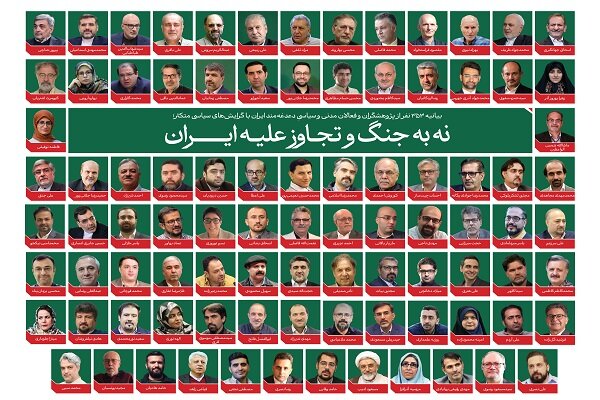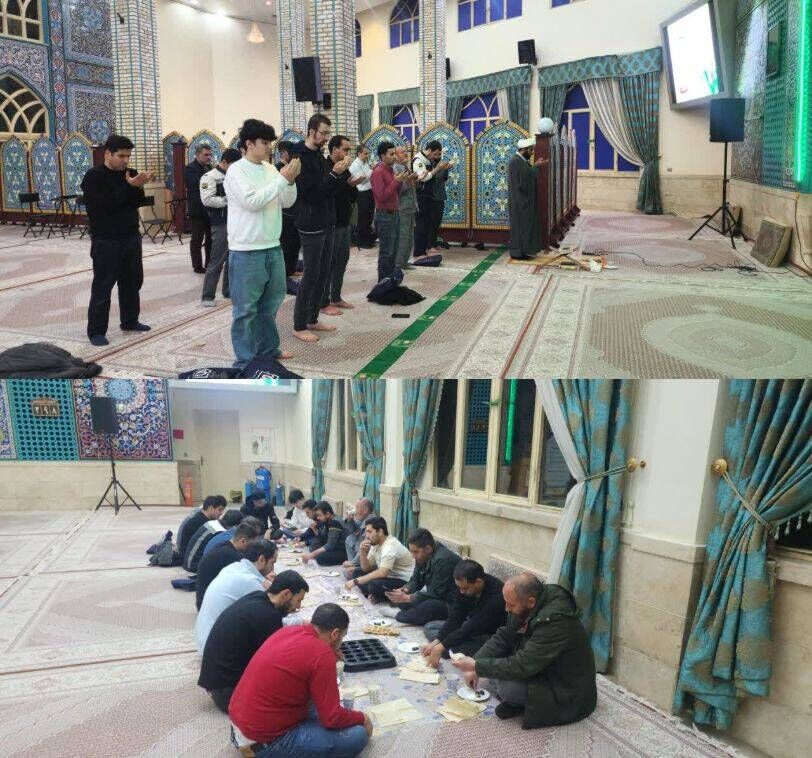Dick Cheney may be gone, but the wars he waged are forever
Dick Cheney may be gone, but the wars he waged are forever

After news broke that former US Vice President Dick Cheney, 84, died on Tuesday of pneumonia and cardiac disease, tributes came pouring in from across the political and media spectrums.
Establishment Democrats, including Bill Clinton and Kamala Harris, praised Cheney - a die-hard Republican - on a life well lived.
Clinton extolled Cheney's "unwavering sense of duty", while Harris called him a "devoted public servant" who gave "so much of his life to the country he loved".
Mainstream American news outlets also honoured Cheney, who, in addition to serving as George W Bush's vice president from 2001 to 2009, had served as the White House chief of staff in the 1970s and the secretary of defence in the 1980s.
CNN's front-page story lauded him for helping "his daughter stand up to [Donald] Trump".
Joe Scarborough of MSNBC said that Cheney "kept his bearings when it came to democratic norms… he was on the right side… we all should be grateful to him for that", while the New York Times called him a "consummate Washington insider" who sought to advance "the cause of democracy abroad".
Based on these evaluations, one could be forgiven for thinking Cheney was a good man - or for not knowing that he was a hardened war criminal responsible for some of the worst atrocities in modern world history.
The architect of war
As Bush's vice president, Cheney became a key architect of the US "war on terror", which included the 2002 invasion of Afghanistan, the 2003 war on Iraq, and sweeping intelligence, surveillance and torture programmes.
Most notoriously, Cheney helped the Bush administration construct an elaborate double lie as a pretext for the invasion of Iraq.
First, he and other officials claimed that Iraqi President Saddam Hussein possessed nuclear weapons that he intended to use against the United States.
In the lead-up to the invasion, Cheney said: "There is no doubt that Saddam Hussein now has weapons of mass destruction… There is no doubt he is amassing them to use… against us."
Most notoriously, Cheney helped the Bush administration construct an elaborate double lie as a pretext for the invasion of Iraq
Second, Cheney suggested strong links between Hussein and al-Qaeda, the group believed to be responsible for the 11 September 2001 attacks on New York and Washington.
He implied the connection before the invasion and amplified it further after the war began. In 2004, Cheney said: "I continue to believe, I think there's overwhelming evidence [of a] … connection between al-Qaeda and the Iraqi government."
Eventually, overwhelming evidence revealed that Hussein possessed no weapons of mass destruction - something known to the administration at the time. Likewise, there was no link between Hussein and al-Qaeda.
Cheney's defenders have insisted the decision to invade Iraq was the result of an intelligence failure, but numerous journalists and scholars, including David Corn, Juan Cole, Scott Ritter and Howard Zinn, have shown convincingly that this hypothesis does not hold up against the evidence.
The far more credible conclusion is that Cheney was lying, in part because he had been committed - at least since his days as secretary of defence - to invading Iraq.
His position was driven by a zealous commitment to neoconservatism, a belief that the rest of the world would be better off if America bombed it until it became more "like us".
A war without end
Cheney's role in the invasion of Iraq is arguably his most consequential criminal act.
Renowned intellectual Noam Chomsky argued that the war constituted "the deadliest act of aggressive warfare in our century, and a strong candidate for the worst crime committed in the last 30 years".
A 2013 study published in the peer-reviewed journal PLOS Medicine estimated the Iraqi death toll at approximately half a million people.
In 2023, Brown University researchers, using United Nations data, concluded that the invasion of Iraq and related "war on terror" campaigns killed more than 4.5 million people.
This figure includes about one million direct deaths and 3.5 million indirect deaths. The wars also killed 7,000 US troops and 8,000 contractors, according to the study.
The invasion of Iraq also precipitated an Iraqi civil war, which led directly to the establishment of the Islamic State, a group seen as even more extreme than al-Qaeda.
Cheney's role in the Iraq war, along with his dark and sinister image, earned him the nickname "Darth Vader" in the early 2000s.
Surveillance and torture
Cheney was arguably "the Republican administration's most prominent booster of the Patriot Act", the Associated Press reported. The sweeping post-9/11 law expanded the government's ability to "spy on its own citizens", according to the American Civil Liberties Union (ACLU).
The ACLU denounced the Patriot Act for giving the government the authority to turn "regular citizens into suspects". The law allowed government agents to obtain private phone and computer records without judicial approval, among other unconstitutional provisions.
Beyond expanding state surveillance, Cheney also helped create America's torture programme after the 11 September 2001 attacks.
In their immediate aftermath, he said the US would have to work on "the dark side" to confront the threat of terrorism. The remark was widely understood as a reference to the administration's torture and enforced disappearance programmes.
Cheney and others acknowledged that waterboarding, a particularly brutal form of torture that simulates drowning, was among the techniques employed at secret "black sites" abroad and at the notorious Guantanamo Bay prison camp.
The administration also beat suspects, shackled them in stress positions, deprived them of sleep and food, and exposed them to extreme heat and cold.
The overwhelming majority of detainees were held without charge or trial, with Cheney helping to ensure the suspension of habeas corpus.
Human Rights Watch has argued that there is "overwhelming evidence" that senior Bush administration officials, including Cheney, were guilty of atrocity crimes. In 2011, the watchdog group encouraged the Canadian government to bring criminal charges against Cheney during his visit to Vancouver.
The legal framework and culture Cheney helped establish led directly to the torture at Abu Ghraib prison, where shocking images emerged of Iraqi detainees "stripped naked and abused".
A legacy without remorse
In his later years, Cheney showed no regret over the invasion of Iraq, despite its catastrophic consequences for Iraqis, the Middle East, and even the US and the global community.
After it was widely acknowledged that the Bush administration had, at a minimum, committed an intelligence failure, Cheney defended the invasion.
In a 2015 Fox News interview, he insisted he was "right about Iraq".
Trump's cruelty towards immigrants and suspects represents a continuation of the authoritarian order Cheney helped normalise
Similarly, Cheney was unrepentant about the torture programme he helped establish.
In a 2014 interview, he proudly defended the interrogation methods he authorised, including waterboarding, saying he would "do it again in a minute".
He even embraced the "Darth Vader" nickname, saying he was "honoured" by the comparison.
Over the last few years, Cheney expressed opposition to US President Donald Trump, arguing that he sought to undermine American democracy.
But Cheney was the architect of the tyrannical political framework currently employed by the Trump administration.
Trump's cruelty towards immigrants and suspects, including ICE raids, mass detentions and the bombing of so-called "drug boats" at sea, represents a continuation of the authoritarian order Cheney helped normalise.
Like the Bush-era torture camps and former President Barack Obama's drone assassination campaign, Trump's policies rest on the same premise: that certain people can be stripped of rights, targeted without due process and treated inhumanely.
Cheney's true legacy, then, lies not only in the "war on terror" he helped engineer, but in the political and moral infrastructure he left behind.
More than two decades later, his post-9/11 world order - defined by endless wars, government overreach and impunity - endures, and today's war criminals, following in his path, roam free.
The views expressed in this article belong to the author and do not necessarily reflect the editorial policy of Middle East Eye.












